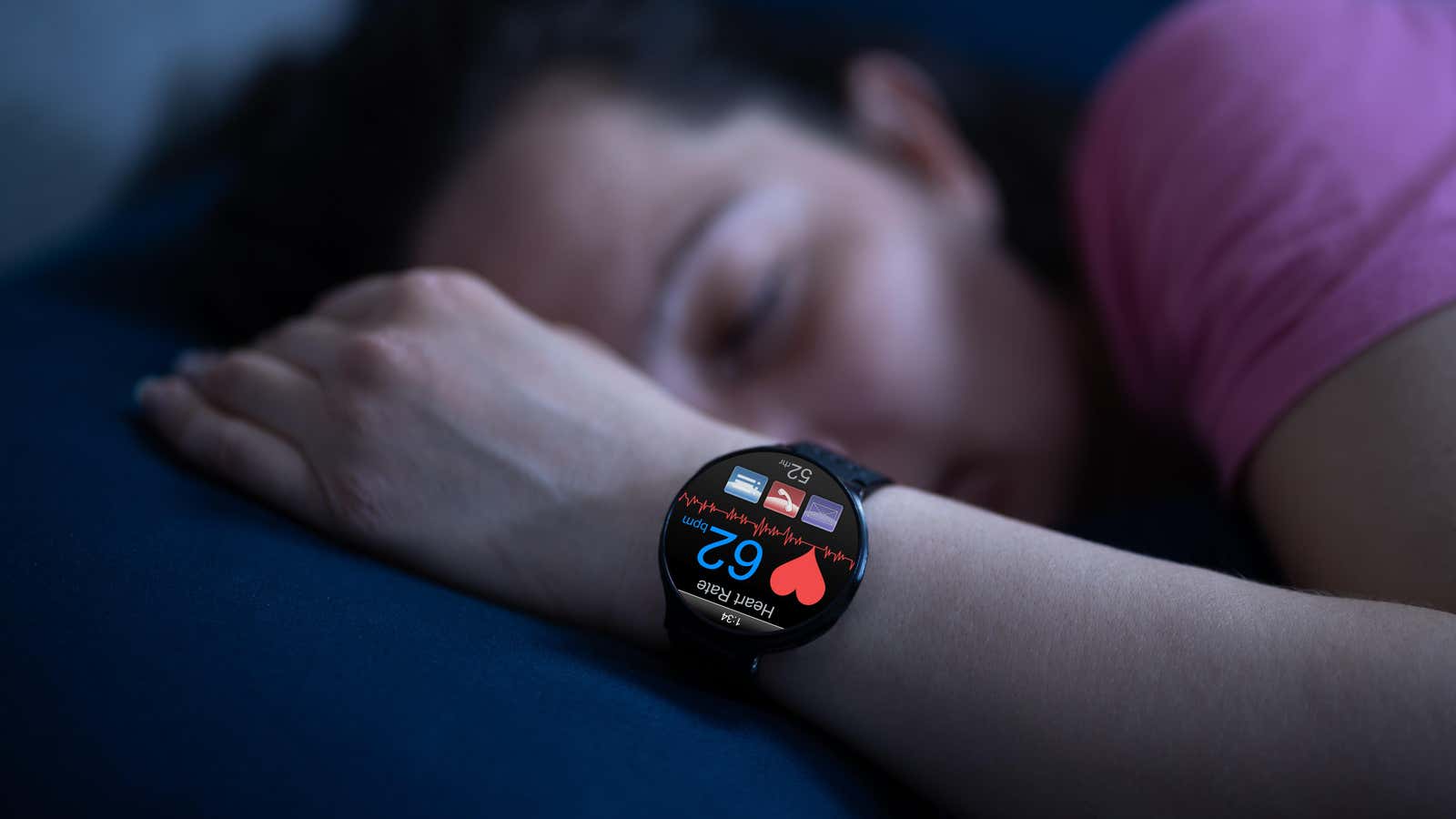In Any Case, What Is a Good Resting Heart Rate?

The ubiquity of activity trackers means access to health data that we never thought about before, such as the number of steps we take, the number of hours of sleep and real-time heart rate. When it comes to heart rate, you might be wondering what, if anything, your resting heart rate says about your health. Resting heart rate is the rate at which your heart beats when you are at rest , whether you are sitting or lying down. Typically, this is measured either first thing in the morning (when you wake up but have not yet begun to move) or when you rest for a period of time.
What is the normal heart rate at rest?
Most people have a resting heart rate of 60 to 100 beats per minute. If you are particularly active, your resting heart rate may be below 60 beats per minute, which is usually good.
“Within this range, the lower the better, as it means your heart muscle is in better condition and doesn’t have to work as hard to maintain a steady rhythm,” said Erin Mishos , associate director of preventive cardiology at Johns University. Hopkins.
As reported by Harvard Health , a resting heart rate in the lower part of this range appears to offer some protective benefits. According to a 2010 report published by the Women’s Health Initiative, postmenopausal women with a resting heart rate above 76 beats per minute are more likely to suffer heart attacks than women with a resting heart rate of 62 beats per minute or lower.
They recommend talking to a doctor if you have a resting heart rate above 80 beats per minute.
Why might your resting heart rate change?
Your resting heart rate can increase or decrease depending on a number of different factors. “Stress, anxiety, hormones, medications, and your physical activity can all affect your resting heart rate,” Mihos said.
If your resting heart rate increases over time, you may need to talk to your doctor . In a 2011 study of over 29,000 people who had been free of heart disease for ten years, an increase in resting heart rate during the study was associated with a higher risk of dying from a heart attack.
When it comes to lowering your resting heart rate, the Cleveland Clinic recommends exercising regularly, managing stress levels, avoiding caffeine and nicotine, eating a healthy diet, drinking water, and sleeping regularly.
Why Resting Heart Rate Estimates by Fitness Trackers Vary So Much
Each activity tracker has its own method for estimating resting heart rate, meaning the estimates will vary depending on which one you have. For example, Oura Ring estimates resting heart rate by reporting the average and lowest heart rate values obtained during sleep. If you have a FitBit, they calculate your resting heart rate based on when you’re awake and asleep .
If you end up switching from one activity tracker to another, you may see a change in your estimated resting heart rate, which is more indicative of the way that number is calculated rather than a change in your health.
It’s also important not to confuse heart rate variability with resting heart rate, as they are two different things. Heart rate variability is the amount of time between each heartbeat, which can be higher or lower depending on factors such as stress, lack of sleep, or overtraining.